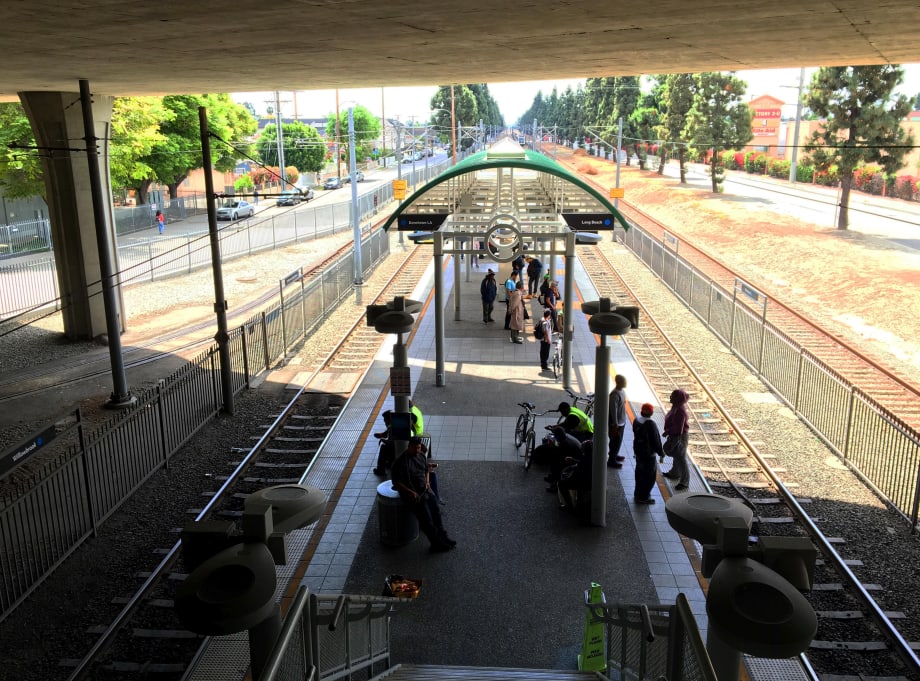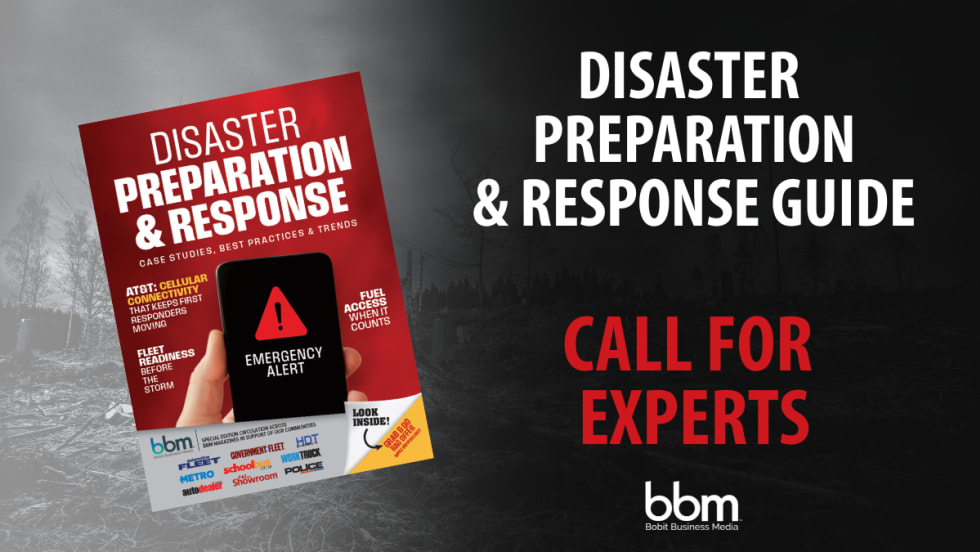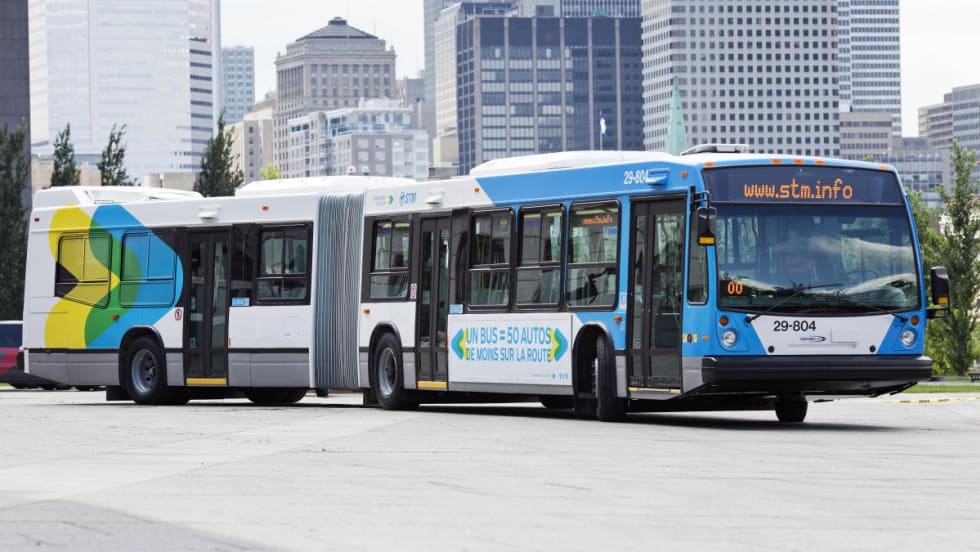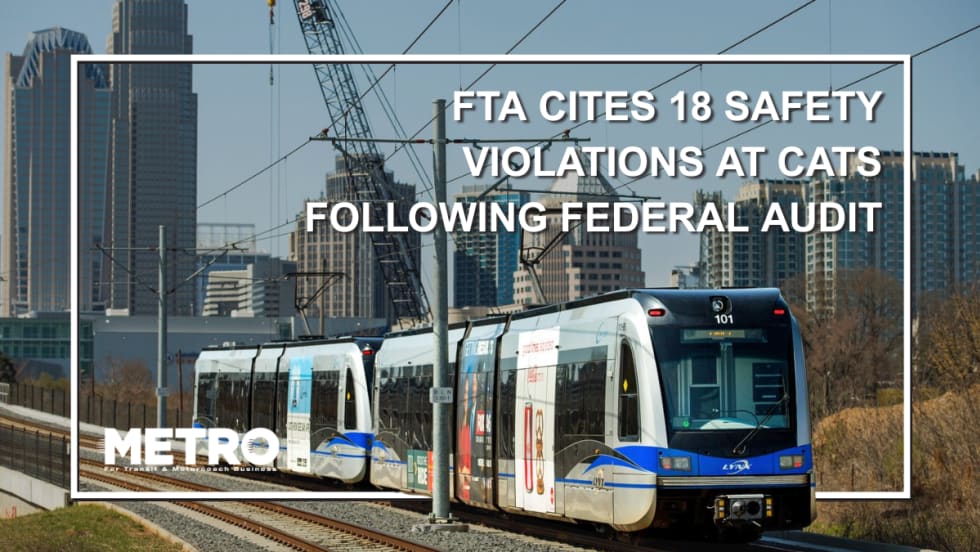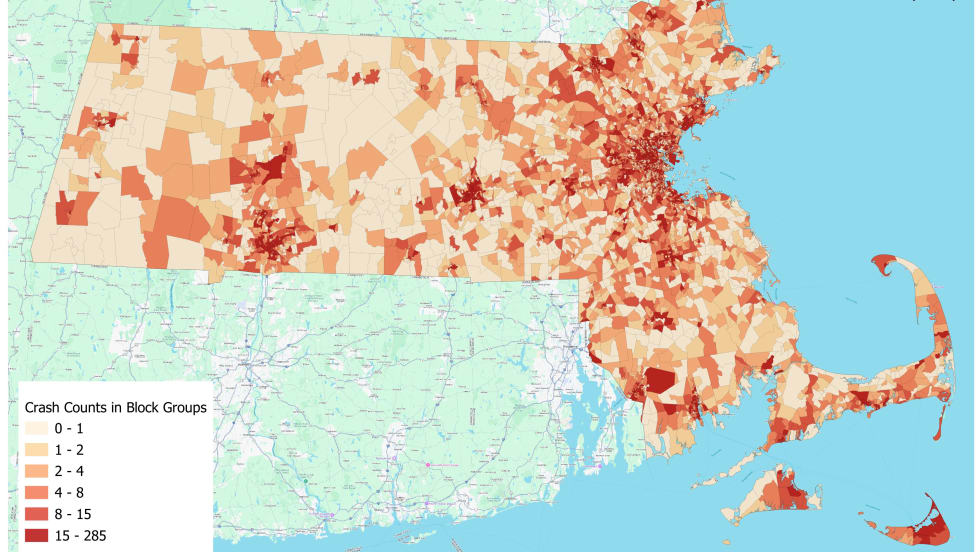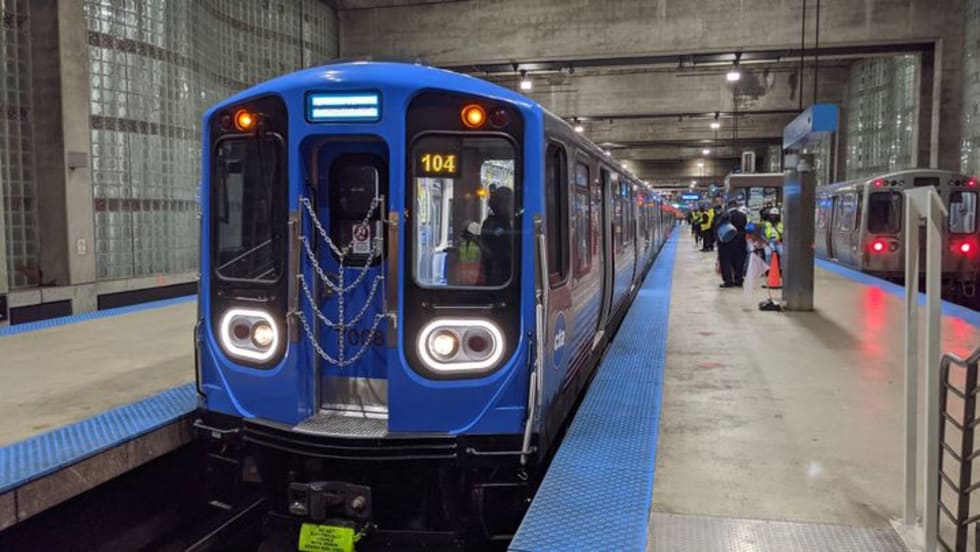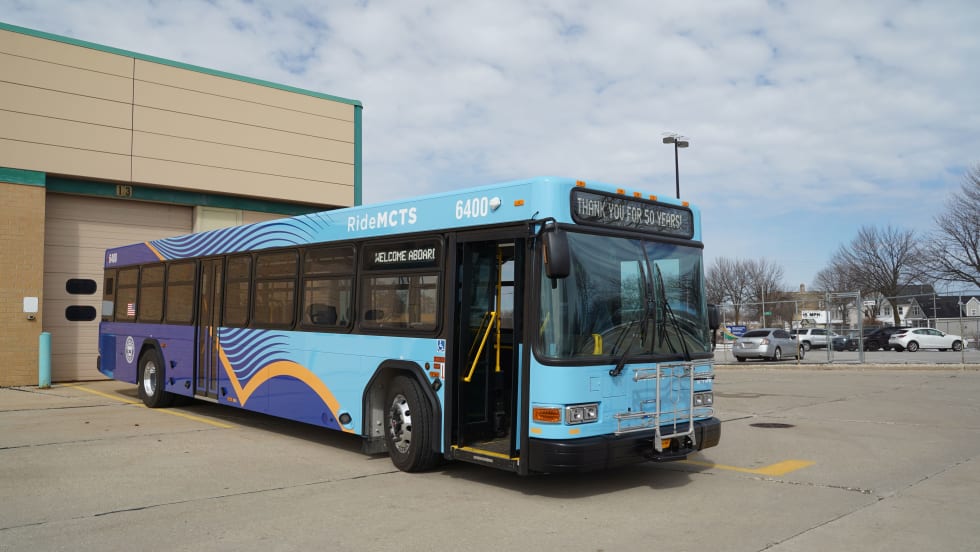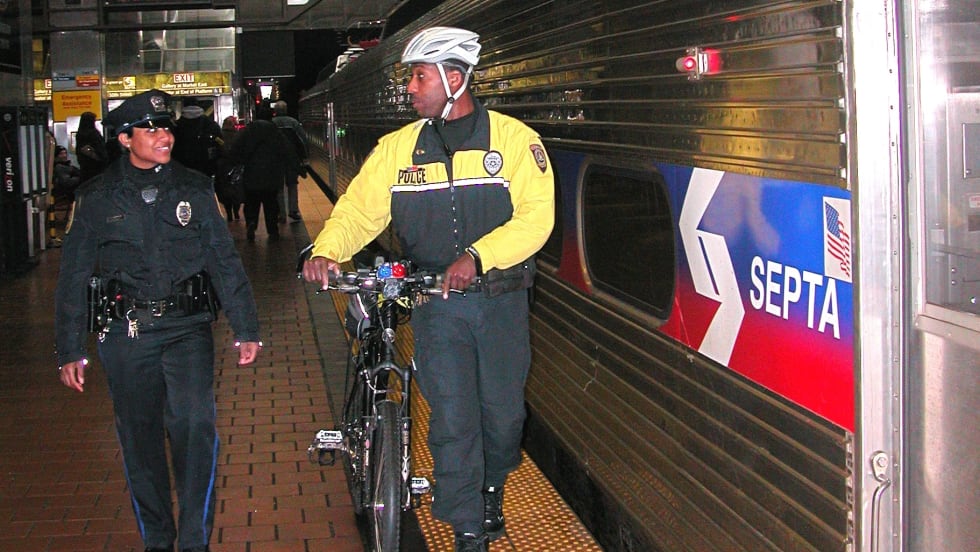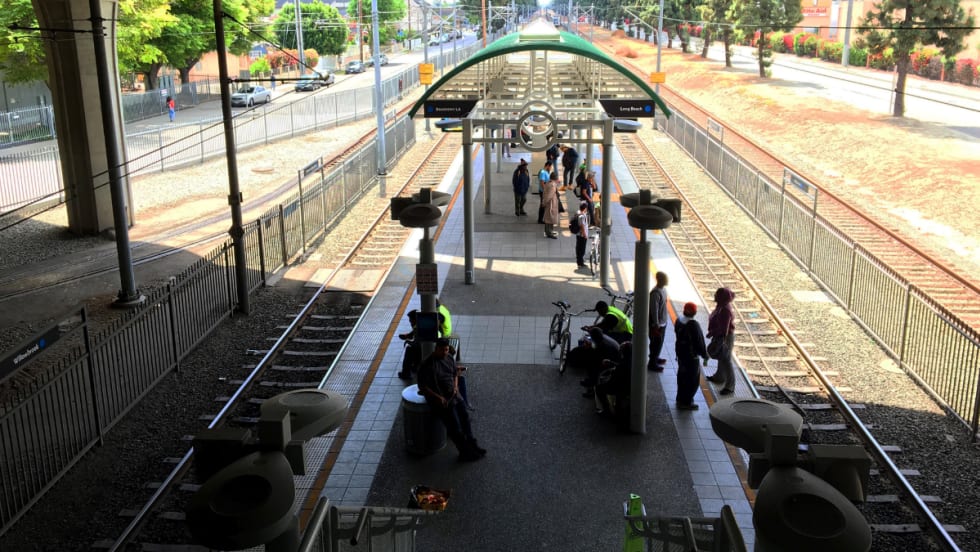The Los Angeles County Department of Mental Health (LACDMH) and the Los Angeles County Metropolitan Transportation Authority (Metro) entered into an agreement for LACDMH to pilot the provision of comprehensive crisis response services to individuals experiencing mental health crises while onboard Metro vehicles or at Metro stations.
As part of this pilot, LACDMH will staff Metro-dedicated psychiatric mobile response teams (consisting of at least one licensed mental health clinician and one other mental health professional or paraprofessional), co-response teams (consisting of one clinician and one law enforcement officer trained in mental health crisis response), and community ambassador network teams (consisting of outreach and engagement staff). Once assigned, LACDMH and Metro will work together to deploy these teams where needed within distinct areas of the Metro system to de-escalate crises, provide linkage to appropriate mental health services, and educate the community. LACDMH will provide mental health training to METRO staff enterprise-wide and has also commissioned a study to assess and help guide the program as it is implemented.
Psychiatric mobile response, co-response and community ambassador network teams are all existing LACDMH services that have proven to be effective for crisis intervention, service linkage, and community outreach in other field-based settings throughout L.A. County.
LACDMH will work with Metro Transit Security to identify "hotspots" with high need for crisis response and to provide crisis intervention and de-escalation skills training to Metro’s security staff. LACDMH and Metro will also continually assess and refine the program — utilizing its own research, national industry best practices from other transportation and crisis response agencies, and stakeholder feedback — to optimize the program’s effectiveness in maintaining public safety while diverting individuals in crisis to appropriate treatment instead of a law enforcement response.
"This partnership allows us to take a critical step toward assisting those facing mental health crises on our system, which is part of a larger focus on public safety across Metro," said Metro CEO Stephanie N. Wiggins. "The agreement enables us to tap additional resources to respond quickly to those in crisis with field-based mental health services, which means law enforcement is not the first responder. We believe this is an important tactic in our strategy to create a more comprehensive community-oriented model for ensuring the safety and security of our transit riders."
The innovative partnership is part of L.A. County’s broader "Alternative Crisis Response" strategy that focuses on responding to behavioral health crises — including those related to mental health, substance use, and suicide — with emergency health and human service responses so individuals do not end up in jails, on the streets, or repeatedly hospitalized.
Utilizing alternative crisis responses will also minimize uses of force, incarceration, and justice system involvement, all of which are counterproductive to both the individual’s wellbeing and to L.A. County’s "Care First, Jails Last" vision, according to the agency’s press release.
Under the signed agreement, this partnership between LACDMH and Metro will be ongoing for three years with the option to renew on an annual basis. LACDMH and Metro will conduct an initial needs assessment study to determine service, coverage, and capacity needs prior to assigning response and outreach teams for this pilot.




